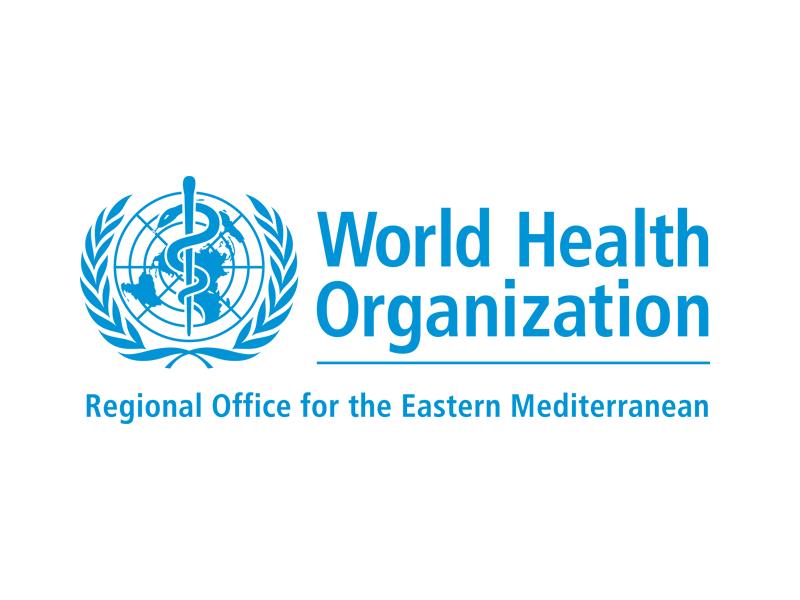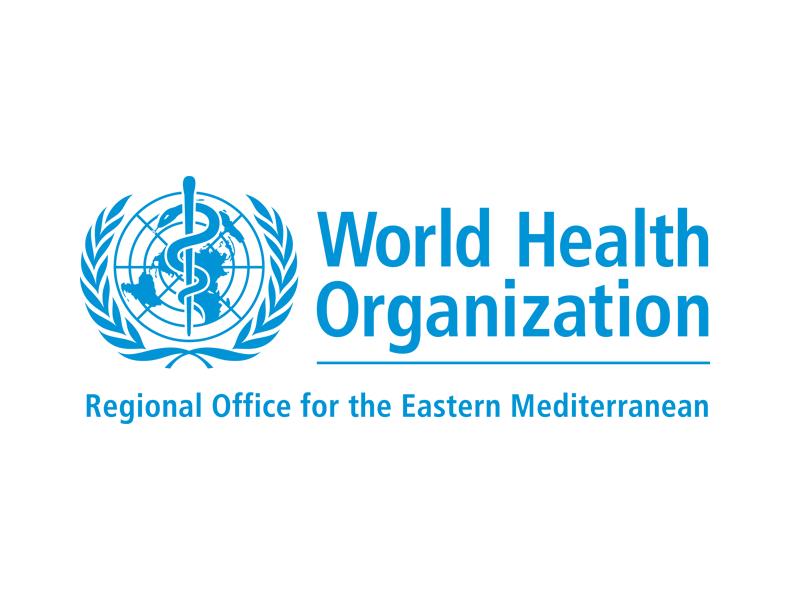
13 May 2023 – The first high-level Quadripartite regional meeting to accelerate implementation of One Health in the Eastern Mediterranean Region took place on 8–11 May 2023 in Muscat, Oman. The 4-day meeting of the Quadripartite, comprising the Food and Agriculture Organization of the United Nations (FAO), the United Nations Environment Programme (UNEP), the World Health Organization (WHO) and the World Organisation for Animal Health (WOAH) – convened to discuss progress in the area of One Health and the way forward in the Region.
The meeting was inaugurated by H.E, the Minister of Health of Oman, H.E the Minister of Agriculture and H.E. the Head of the Environment Authority of Oman demonstrating the country’s firm commitment to One Health multisectoral coordination. This was followed by opening statements from the 4 organizations of the Quadripartite.
The technical proceedings commenced by reintroducing the concept of One Health and the global “One Health joint plan of action (2022–2026)” and its implementation guide to attendees comprising professionals form multidisciplinary backgrounds. Additional presentations focused on 5 areas: governance, leadership and financing; multisectoral coordination; eveloping a skilled multidisciplinary workforce; strengthening early warning and information-sharing; and enhancing preparedness and response through investment in One Health multisectoral plans at the national level.
pening presentations also focused on the 5-year “One Health operational framework for action for the Eastern Mediterranean Region" and its alignment with the joint plan of action. The Framework is designed to guide countries in establishing and strengthening the necessary capacities for implementing One Health multisectoral linkages, interventions and activities. What is One Health?
‘One Health’ is a unifying approach that aims to balance and optimize the health of people, animals and the environment through the implementation of equitable and holistic solutions across the 3 sectors. It is an evolving concept that takes into consideration multiple variables that can impact and exacerbate public health risks, including globalization, urbanization, travel, migration, climate change and most importantly inadequate public health infrastructure in many countries of the Region.
The COVID-19 pandemic is a recent example of consequences at the global level that portrayed the interlinkages between animal and human health, which were amplified by human activity and movement. Believed to have originated in a as of yet unidentified wild animal source and possibly transmitted through an intermediate host, COVID-19 brought the world to a standstill in 2020. The world has yet to fully recover from the pandemic’s wide-reaching impact on society, economies and health.
Recognizing the linkages between humans, animals, plants and the environment through adoption and integration, the One Health approach can support countries to effectively prevent and prepare for public health threats at the human-animal-environment interface. Meeting recommendations
The One Health approach mobilizes multiple sectors, disciplines and communities at all levels to produce long-term sustainable solutions for strengthening health system resilience and capacity, in the 4 main areas of work: controlling zoonotic and neglected tropical and vector-borne diseases; curbing antimicrobial resistance; strengthening food and water safety; and integrating the environment within the health agenda.
The meeting served as an opportunity for countries to share their experiences, challenges and success stories in One Health implementation, and to discuss best practices to move forward in a consorted and clearly mapped process, resulting in a list of recommendations for the Quadripartite. Finalize establishment of the regional quadripartite one health platform. Beyond the quadripartite, establish a regional mechanism to bring together all relevant stakeholder networks, institutes, main civil society organizations, etc. Provide resources and technical support to countries to adapt and implement One Health plans. In collaboration with universities and technical institutions, develop a standardized One Health training package for roll out in countries. Conduct an annual One Health meeting to review progress and support acceleration of implementation of One Health plans and capacity at country level. Opening remarks
“The vital role of the One Health Concept is responding to the threats of transboundary animal diseases, zoonotic diseases and plant pests through intense intersectoral collaboration between the animal, human, and environment sectors. FAO supports countries with technical assistance, improving effective coordination of animal, human, plant and environmental health activities to combat diseases and pests, control antimicrobial resistance, improve food safety and protect the environment.”
Mr Serge Nakouzi, Deputy Regional Representative, FAO for the Near East and North Africa
“Global assessments established that environmental drivers play a significant role in the emergence and spread of new diseases. The West Asia region is a major pathway for wildlife trafficking between Europe, Africa, and Asia, making the region highly vulnerable to transmission of zoonoses. The ‘spillover’ effect of microbes due to unsustainable exploitation of the environment and ecosystems has been on the rise causing global pandemics.
As a member and chair of the Quadripartite Alliance, UNEP is working concertedly towards strengthening the environmental dimension of One Health. We have been working to strengthen knowledge on the impact of COVID-19 on the environment, and in collaboration with WHO and the League of Arab States, supported the development of the Regional Strategy on Health and Environment and Framework (2017–2030).
Mr Sami Dimassi, Representative and Regional Director, UNEP Office for West Asia
“We are facing a complex and challenging situation in the WHO Eastern Mediterranean Region due to political instability, conflict, social unrest and economic constraints. These contribute to human migration, forced displacement and transboundary animal movements, with major implications for health systems and the management of threats to health. I regret having to paint such a bleak picture of the current reality but am happy that we realize that an integrated One Health approach can help jump-start the capacity-building needed to help us prevent and prepare for public health events at the human–animal–environment interface. WHO is keen to deliver on its promise and mandate to support our Member States in the area of One Health by way of advancing the adoption and implementation of the groundbreaking Quadripartite agreement.”
Dr Ahmed Al-Mandhari, WHO Regional Director, WHO Regional Office for the Eastern Mediterranean
“The veterinary profession is a pioneer of the One Health approach and it is the first to develop this term and adopt it in its policies and practices to improve animal health and welfare and contribute to sustainable development. The World Organisation for Animal Health (WOAH, founded as OIE) brings its expertise in animal health and welfare to the forefront of the One Healh approach. Together with the Quadripartite organizations and our vast networks of partners, we implement the One Health approach through various initiatives, including our flagship program and capacity-building platform “the Performance of Veterinary Services “PVS” pathway”, which provides a comprehensive understanding of their strengths and weaknesses using a globally consistent methodology based on WOAH international standards”
Dr Chadia Wannous, One Health Global Coordinator, WOAH









